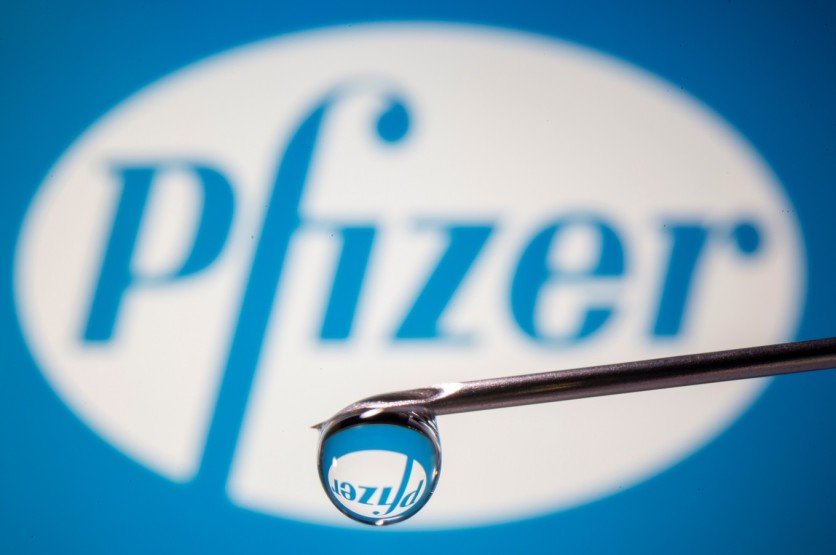
Dr. Barney Graham disclosed that the reason he joined the National Institutes of Health is because he is seeking for the United States (US) to gain leverage on public funding. He believes that this will greatly help solve issues the country's public health has.
US Patent on Pfizer Vaccine Compel Pharma Companies to Heighten Global Production--Dr. Graham
According to Common Dreams, a renowned National Institutes of Health (NIH) scientist who helped develop a key technology used in Pfizer and Moderna's coronavirus vaccines said that the U.S. government's ownership of the patent for the invention has given the current administration significant leverage to compel pharmaceutical companies to aid increase global production.
Deputy director of the NIH's Vaccine Research Center Dr. Barney Graham said that everything that comes out of the government's research labs is a non-exclusive licensing agreement. This is made so that it doesn't get blocked by any company.
"Virtually everything that comes out of the government's research labs is a non-exclusive licensing agreement so that it doesn't get blocked by any particular company." says Dr. Graham.
Dr. Graham took part in the formulation of a technology with a team of scientists, which by 2016 conceived the spike-protein technology being utilized in the highly-effective mRNA vaccines. Graham stressed that "one of the reasons" he joined NIH was "to be able to use the leverage of the public funding to solve public health issues."
Pfizer, on the other hand, has two partners namely BioNTech and Moderna laboratories.
US to Enforce Patent
Pfizer's partner BioNTech is licensed from the U.S. government and is currently paying royalties, meanwhile its other partner, Moderna has not paid any of the royalties yet. Despite this, the current administration has not attempted to enforce the patent.
Researchers at New York University School of Law and Moderna, according to Financial Times, could be subject to more than a billion dollars in compensation should the U.S. decide to sue the pharmaceutical giant. Moderna. The company was reported to have sold most of its doses to rich countries.
However, the researchers responded in a new report that instead of taking Moderna to court for patent infringement, the U.S. government should "use the threat of litigation of the '070 patent to bring Moderna back to the negotiation table and convince Moderna to share its own patents, trade secrets, and other intellectual property on [its vaccine] with the U.S. government and with vaccine manufacturers around the world."
In that regard, the researchers say this would help "accelerate scale-up of global mRNA vaccine manufacturing, vaccinate the world, and bring the Covid-19 pandemic to a conclusive end."
Dr. Graham commented that with this issue, it will come down to the political will and the use of public dollars from the country's technologies to solve these problems. He also said that it should be solved with global coordination, and with the recognition that the whole world is "all in this together."
Read more : Pfizer Vaccine First Shot Only 85% Effective? Israel Successfully Vaccinates Two-Thirds of Population
This article is owned by Tech Times.
Written by Gabrielle N.
ⓒ 2026 TECHTIMES.com All rights reserved. Do not reproduce without permission.




